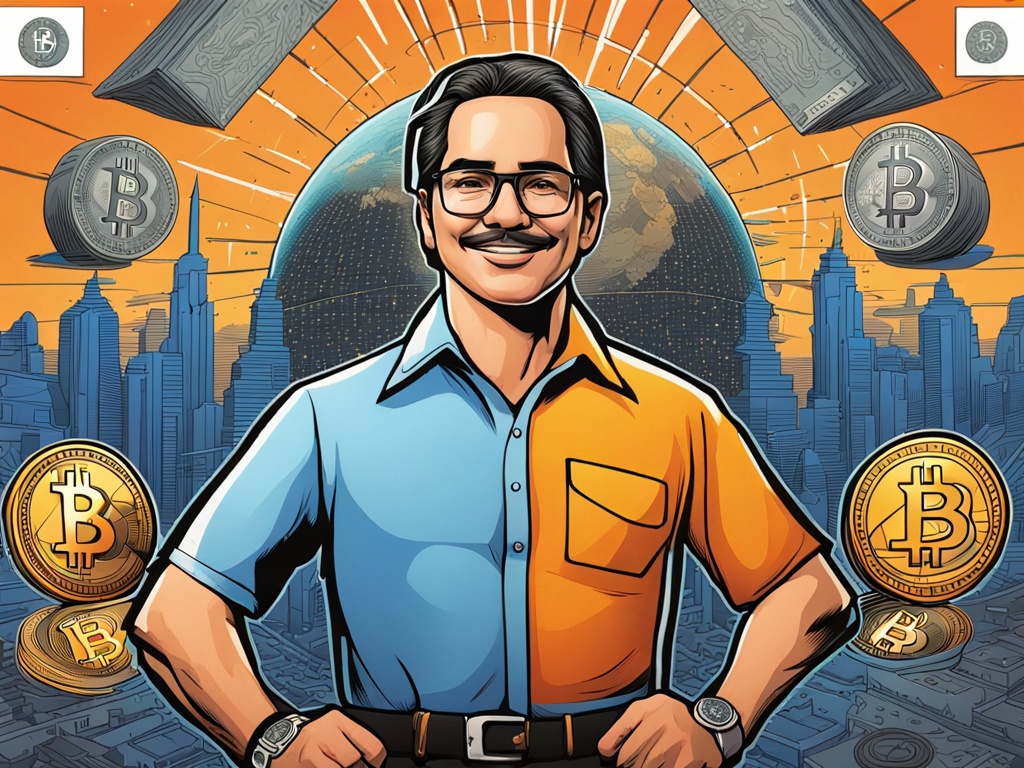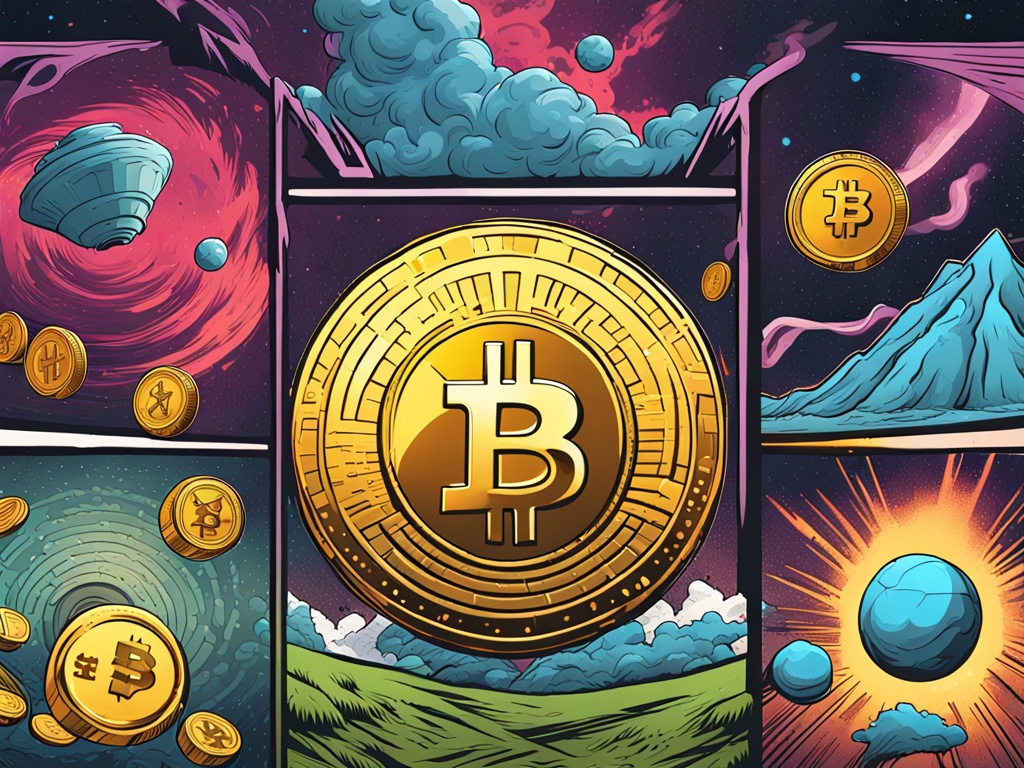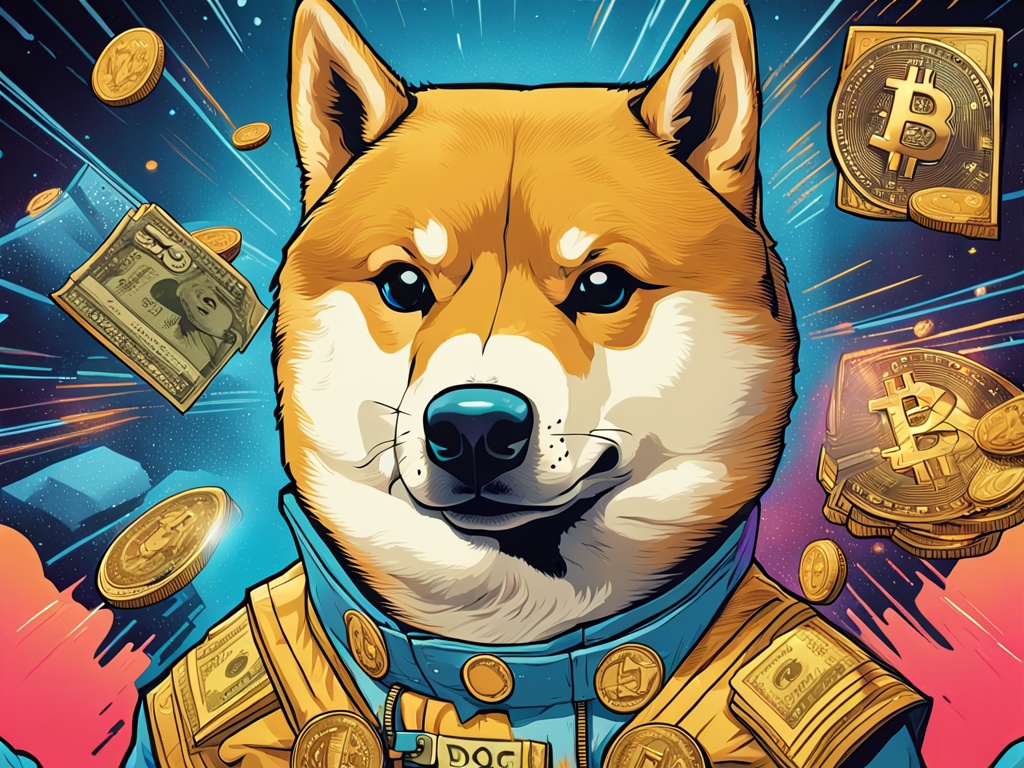El Salvador’s Shift in Cryptocurrency Strategy: An Overview 🌎
El Salvador is currently re-evaluating its stance on cryptocurrency, particularly Bitcoin, as it negotiates a loan of $1.3 billion. This significant development indicates a move towards making the acceptance of Bitcoin optional for businesses within the nation. The recent decisions are primarily influenced by the conditions set by the International Monetary Fund (IMF) regarding the country’s economic stability.
Key Aspects of El Salvador’s Economic Landscape 💰
The government’s latest approach to Bitcoin signals a change from previous policies that mandated its use as legal tender. This strategic shift is important to fulfill the IMF’s requirements, ensuring that the nation secures the financial assistance needed. Alongside this, President Nayib Bukele’s administration aims to cut the budget deficit by 3.5% of the country’s Gross Domestic Product (GDP) over the next three years, which will involve strict spending limits and tax adjustments.
Currently, an IMF team is in San Salvador to finalize the terms of this loan agreement. This agreement is expected to include financial backing from both the World Bank and the Inter-American Development Bank, each contributing about $1 billion. Such support highlights the urgency and need for El Salvador to stabilize its economy amid growing financial concerns.
Historically, the IMF has expressed reluctance regarding El Salvador’s adoption of Bitcoin as a legitimate currency, emphasizing potential risks to the nation’s financial stability. The formal law from 2021 that forced businesses to accept Bitcoin created tension in discussions between El Salvador and the IMF, which perhaps is a key reason for this ongoing policy reassessment.
The Evolution of President Bukele’s Bitcoin Vision 📈
Under the updated terms of the impending loan agreement, businesses will no longer face the obligation to accept Bitcoin transactions. In a bid to enhance economic resilience, the government has also pledged to raise its financial reserves from $11 billion to $15 billion. This increase is aimed at boosting the country’s capacity to weather economic challenges ahead.
As a part of its cryptocurrency venture, El Salvador has been accumulating Bitcoin. President Bukele has actively engaged in purchasing Bitcoin when its prices drop, with reports indicating that the total value of these reserves exceeded $600 million last month. Notably, this marks a significant 127% increase based on Bukele’s own social media communications, showcasing the crypto asset’s volatile yet potentially profitable nature.
Despite the efforts to position Bitcoin as a primary mode of transaction, the reality remains that the daily operations of many Salvadorans are still heavily reliant on the US dollar. This ongoing dependence emphasizes the complexity and the challenges facing the full integration of cryptocurrency into the nation’s economy, further underlining the significance of this year’s decisions regarding Bitcoin.
Hot Take: What Lies Ahead for El Salvador and Bitcoin? 🤔
El Salvador’s decision to make Bitcoin acceptance optional represents a pivotal moment in the intersection of traditional financial systems and emerging cryptocurrency trends. While attempts to create a crypto-friendly environment continue, the dynamics of economic stability remain a pressing concern for the government.
As negotiations with the IMF unfold and the terms of the loan solidify, it is likely that closer scrutiny will be applied to El Salvador’s approach to cryptocurrency. Moving forward, the nation’s fiscal policies, alongside its Bitcoin strategy, will be crucial in determining how effectively they navigate the delicate balance between innovation in finance and maintaining stability in their economy.
Overall, the current landscape for Bitcoin in El Salvador illustrates the challenges that arise when integrating cryptocurrency into established financial infrastructures. How the government balances these demands in the face of international lending requirements will be a significant factor influencing the future of both the Salvadoran economy and the broader crypto adoption narrative.





 By
By
 By
By


 By
By
 By
By